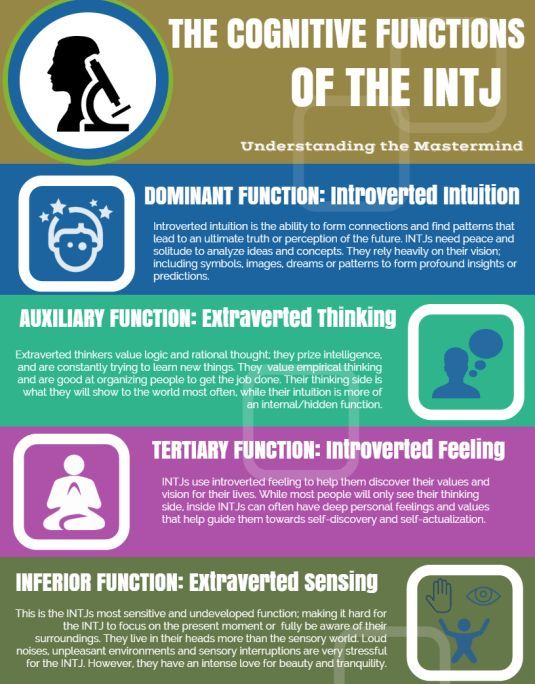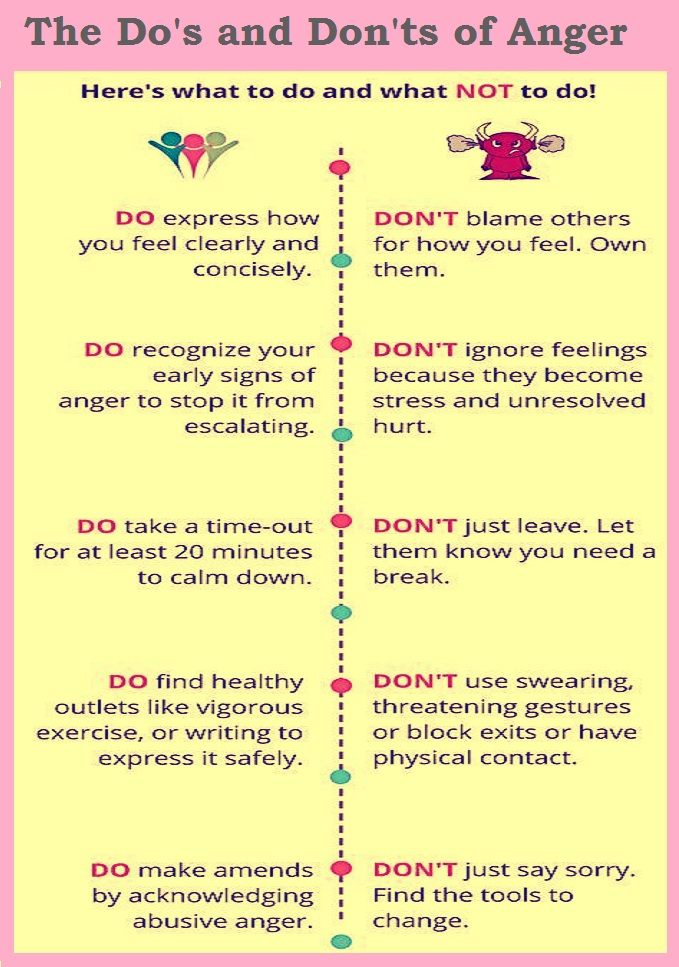Getting help for eating disorders
Getting Help For an Eating Disorder: 4 Ways to Get Started
Skip to contentEating disorders effect 30 million Americans, of all ages, genders, races and socioeconomic statuses. Many of us know someone who has struggled with these serious conditions, and quite a few of us have been challenged with disordered eating and body image issues ourselves.
If your own thoughts and behaviors around food and weight have become unmanageable, knowing where and how to seek support can be difficult or overwhelming. Here are some steps and resources to get you started.
1. Reach Out to Someone You Trust
Acknowledging you may have a problem is a big first step, especially if you are unsure of how serious it might be. If some part of you knows that your relationship with food is interrupting your quality of life, then confide in someone. This can be a friend, a family member, a trusted adult or even someone from an in-person or online support group.
Not only is it important to begin building your support system, but a confidant can be an invaluable resource and can play an active role in helping you to get what you need.
2. Seek a Professional Opinion
If you work with therapist, discuss your concerns with them. You can also speak with your doctor or seek out a dietitian with expertise in eating disorders. The International Association of Eating Disorder Professionals Foundation (iaepd) allows you to search for local certified eating disorder specialists. The National Eating Disorders Association (NEDA) has a call or text hotline as well as a map to find an eating disorder treatment providers near you. Eating Disorder Hope is another national organization with online support and resources. There are also many regional non-profits that offer similar types of assistance, in-person consultations or evaluation services.
3. Research Treatment Options
Now that you have a trusted ally and some professional guidance, the next step may be to look for treatment options that would be appropriate for you. A trained eating disorder therapist or provider can help assess the level of care you may need based on things like severity and frequency of behaviors, how thoughts and behaviors around food are impacting your day-to-day life as well as medical risks. The options include continued outpatient care with a full team in place; an intensive outpatient program, which is typically three evenings a week of programming that includes group therapy; a five-day-per-week partial hospitalization program; a residential program with 24-hour care; or inpatient hospitalization for medical stabilization. Once a level of care is recommended, you need to determine whether you want/need to stay close to home or travel, and how you can pay for treatment. Many people use health insurance to cover some (or all) of the cost, so locating providers and treatment facilities that accept your insurance is a good first step. If you’re struggling to determine how to cover costs, looking into research studies or treatment scholarships is another option.
A trained eating disorder therapist or provider can help assess the level of care you may need based on things like severity and frequency of behaviors, how thoughts and behaviors around food are impacting your day-to-day life as well as medical risks. The options include continued outpatient care with a full team in place; an intensive outpatient program, which is typically three evenings a week of programming that includes group therapy; a five-day-per-week partial hospitalization program; a residential program with 24-hour care; or inpatient hospitalization for medical stabilization. Once a level of care is recommended, you need to determine whether you want/need to stay close to home or travel, and how you can pay for treatment. Many people use health insurance to cover some (or all) of the cost, so locating providers and treatment facilities that accept your insurance is a good first step. If you’re struggling to determine how to cover costs, looking into research studies or treatment scholarships is another option.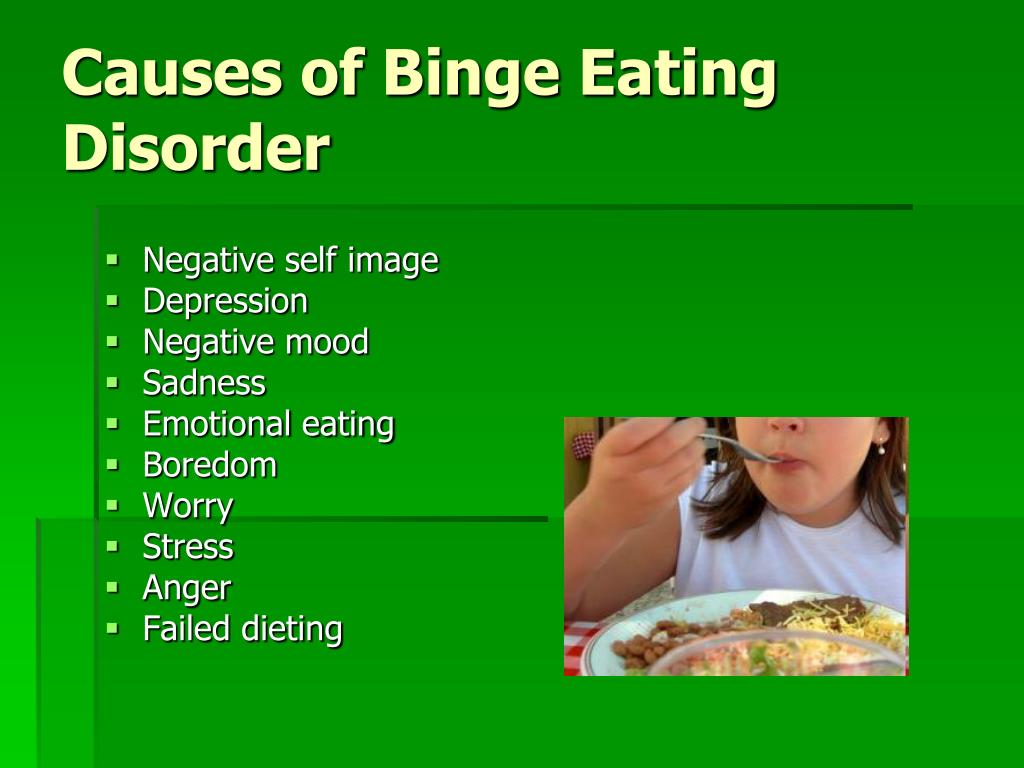
4. Make a Commitment
Once you’ve made the brave decision to pursue appropriate treatment, the most important thing you can do – again and again – is commit, and recommit to getting better. Continue to build your support system of loved ones and professionals to help bolster you in case you feel like giving up. List out your motivations for recovery, and post them somewhere you’ll see them every day. Practice identifying one thing each day for which you’re grateful. Accept yourself where you are at in the moment. Accept any emotions that come up during this process. Be patient with yourself, and be willing to do your best, even if your best doesn’t feel like very much on certain days. Continue to ask for help when you need it, and revisit these steps if you feel like you’re getting off track.
Making the decision to get help for your eating disorder is one of the bravest things you can do. Always remember you don’t have to do it alone. A support system – be it friends and family, trusted professionals, community support groups, non-profits or online resources – is key. Leveraging these to create a treatment plan that you can commit to is your best path to recovery.
Leveraging these to create a treatment plan that you can commit to is your best path to recovery.
Eating disorders are debilitating diseases that compromise an individual’s mental and physical health. If you think you may have a problem, we’re always here to help you.
Fiona LaRosa-Waters is Community Relations Specialist for Walden Behavioral Care. She earned her Bachelor of Science degree in Human Services at Lesley University, and is currently pursuing an M.Ed in Health Education through the Eating Disorders Institute at Plymouth State University. Prior to coming to Walden, Fiona held positions as a professional outreach representative for eating disorder, substance use, and trauma treatment facilities, was a counselor in a treatment center for adult women with eating disorders and provided outpatient case management for clients struggling with addictions and eating disorders. She is passionate about helping people locate resources to support treatment and recovery, advancing education about eating disorders and addiction and about connecting with the mental health community.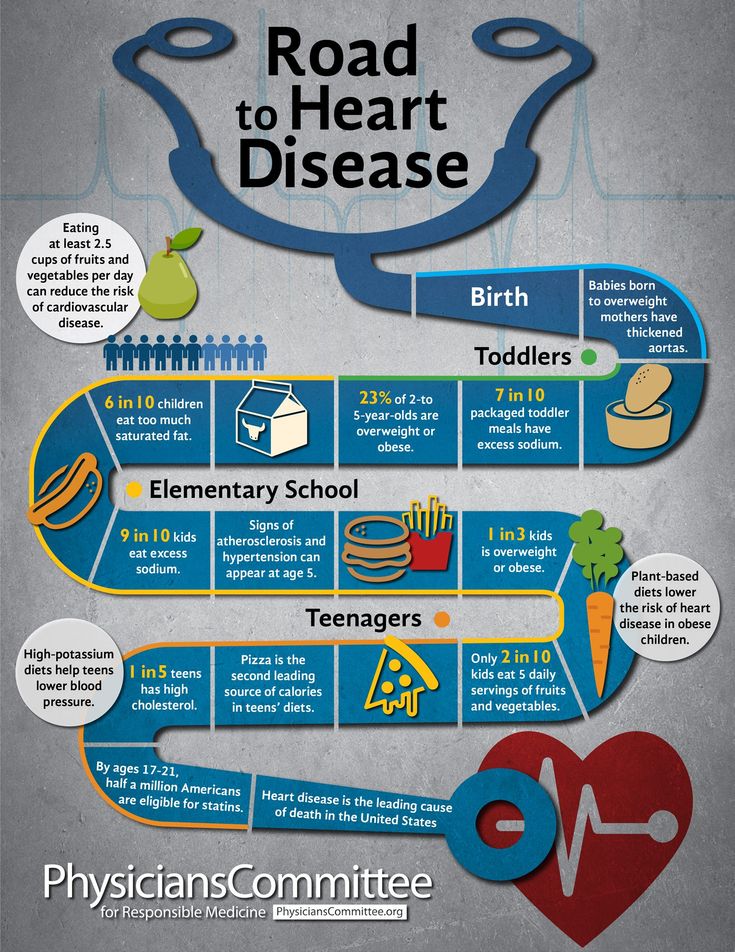
Let’s Connect
Notice: JavaScript is required for this content.
NIMH » Eating Disorders: About More Than Food
What are eating disorders?
Eating disorders are serious, biologically influenced medical illnesses marked by severe disturbances to one’s eating behaviors. Although many people may be concerned about their health, weight, or appearance from time to time, some people become fixated or obsessed with weight loss, body weight or shape, and controlling their food intake. These may be signs of an eating disorder.
Eating disorders are not a choice. These disorders can affect a person’s physical and mental health. In some cases, they can be life-threatening. With treatment, however, people can recover completely from eating disorders.
Who is at risk for eating disorders?
Eating disorders can affect people of all ages, racial/ethnic backgrounds, body weights, and genders.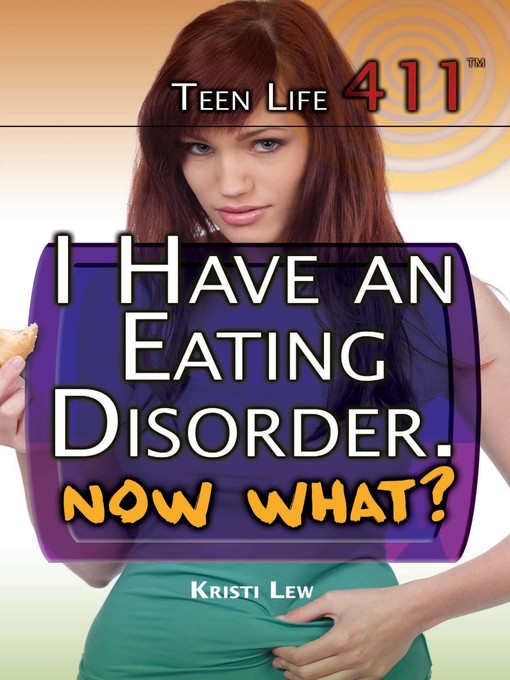 Although eating disorders often appear during the teen years or young adulthood, they may also develop during childhood or later in life (40 years and older).
Although eating disorders often appear during the teen years or young adulthood, they may also develop during childhood or later in life (40 years and older).
Remember: People with eating disorders may appear healthy, yet be extremely ill.
The exact cause of eating disorders is not fully understood, but research suggests a combination of genetic, biological, behavioral, psychological, and social factors can raise a person’s risk.
What are the common types of eating disorders?
Common eating disorders include anorexia nervosa, bulimia nervosa, binge-eating disorder, and avoidant restrictive food intake disorder. Each of these disorders is associated with different but sometimes overlapping symptoms. People exhibiting any combination of these symptoms may have an eating disorder and should be evaluated by a health care provider.
What is anorexia nervosa?
Anorexia nervosa is a condition where people avoid food, severely restrict food, or eat very small quantities of only certain foods.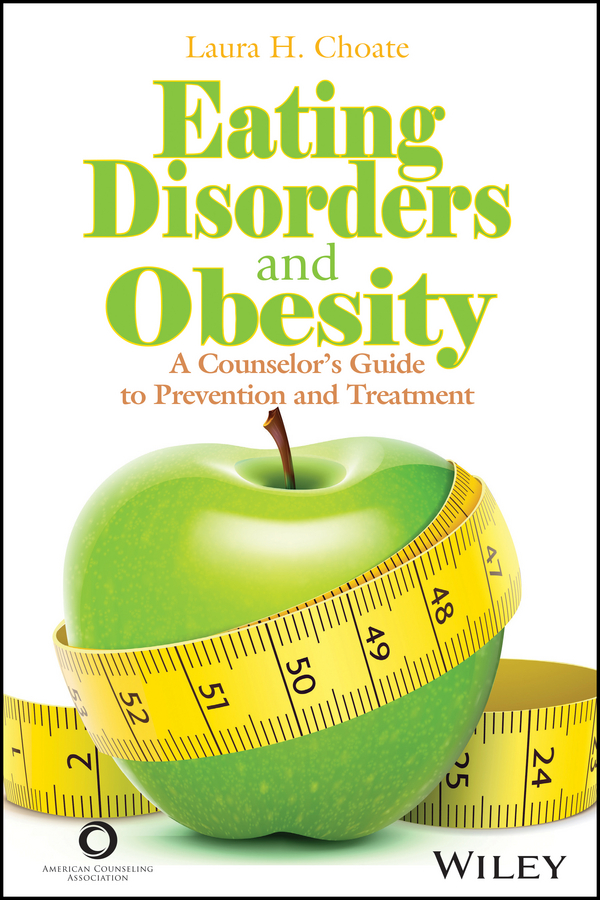 They also may weigh themselves repeatedly. Even when dangerously underweight, they may see themselves as overweight.
They also may weigh themselves repeatedly. Even when dangerously underweight, they may see themselves as overweight.
There are two subtypes of anorexia nervosa: a restrictive subtype and a binge-purge subtype.
Restrictive: People with the restrictive subtype of anorexia nervosa severely limit the amount and type of food they consume.
Binge-Purge: People with the binge-purge subtype of anorexia nervosa also greatly restrict the amount and type of food they consume. In addition, they may have binge-eating and purging episodes—eating large amounts of food in a short time followed by vomiting or using laxatives or diuretics to get rid of what was consumed.
Symptoms of anorexia nervosa include:
- Extremely restricted eating and/or intensive and excessive exercise
- Extreme thinness (emaciation)
- A relentless pursuit of thinness and unwillingness to maintain a normal or healthy weight
- Intense fear of gaining weight
- Distorted body or self-image that is heavily influenced by perceptions of body weight and shape
- Denial of the seriousness of low body weight
Over time, anorexia nervosa can lead to numerous serious health consequences, including:
- Thinning of the bones (osteopenia or osteoporosis)
- Mild anemia
- Muscle wasting and weakness
- Brittle hair and nails
- Dry and yellowish skin
- Growth of fine hair all over the body (lanugo)
- Severe constipation
- Low blood pressure
- Slowed breathing and pulse
- Damage to the structure and function of the heart
- Drop in internal body temperature, causing a person to feel cold all the time
- Lethargy, sluggishness, or feeling tired all the time
- Infertility
- Brain damage
- Multiple organ failure
Anorexia nervosa can be fatal. It has an extremely high death (mortality) rate compared with other mental disorders. People with anorexia are at risk of dying from medical complications associated with starvation. Suicide is the second leading cause of death for people diagnosed with anorexia nervosa.
It has an extremely high death (mortality) rate compared with other mental disorders. People with anorexia are at risk of dying from medical complications associated with starvation. Suicide is the second leading cause of death for people diagnosed with anorexia nervosa.
If you or someone you know is in immediate distress or is thinking about hurting themselves, call the National Suicide Prevention Lifeline toll-free at 1-800-273-TALK (8255). You also can text the Crisis Text Line (HELLO to 741741) or use the Lifeline Chat on the National Suicide Prevention Lifeline website. If you suspect a medical emergency, seek medical attention or call 911 immediately.
What is bulimia nervosa?
Bulimia nervosa is a condition where people have recurrent episodes of eating unusually large amounts of food and feeling a lack of control over their eating. This binge eating is followed by behaviors that compensate for the overeating to prevent weight gain, such as forced vomiting, excessive use of laxatives or diuretics, fasting, excessive exercise, or a combination of these behaviors. Unlike those with anorexia nervosa, people with bulimia nervosa may maintain a normal weight or be overweight.
Unlike those with anorexia nervosa, people with bulimia nervosa may maintain a normal weight or be overweight.
Symptoms and health consequences of bulimia nervosa include:
- Chronically inflamed and sore throat
- Swollen salivary glands in the neck and jaw area
- Worn tooth enamel and increasingly sensitive and decaying teeth from exposure to stomach acid when vomiting
- Acid reflux disorder and other gastrointestinal problems
- Intestinal distress and irritation from laxative abuse
- Severe dehydration from purging
- Electrolyte imbalance (too low or too high levels of sodium, calcium, potassium, and other minerals), which can lead to stroke or heart attack
What is binge-eating disorder?
Binge-eating disorder is a condition where people lose control of their eating and have reoccurring episodes of eating unusually large amounts of food. Unlike bulimia nervosa, periods of binge eating are not followed by purging, excessive exercise, or fasting.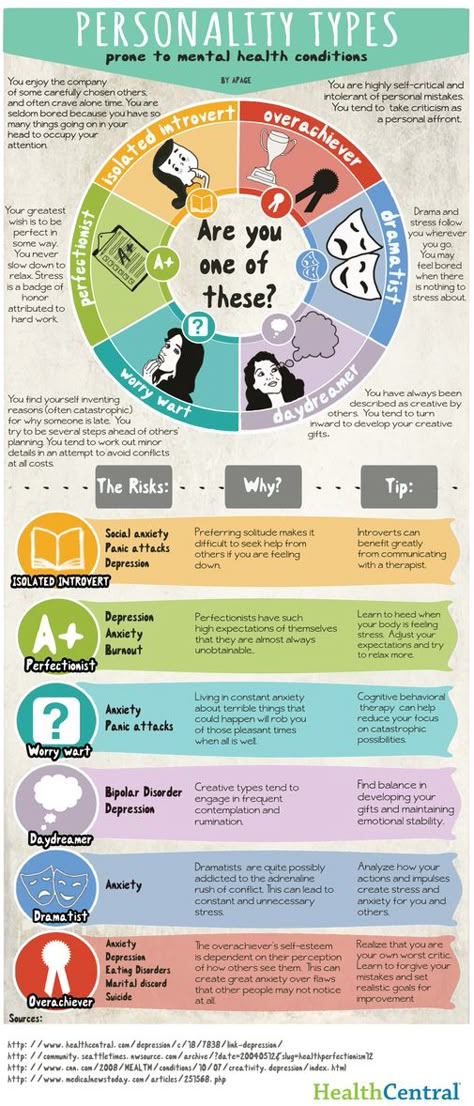 As a result, people with binge-eating disorder are often overweight or obese.
As a result, people with binge-eating disorder are often overweight or obese.
Symptoms of binge-eating disorder include:
- Eating unusually large amounts of food in a short amount of time, for example, within two hours
- Eating rapidly during binge episodes
- Eating even when full or not hungry
- Eating until uncomfortably full
- Eating alone or in secret to avoid embarrassment
- Feeling distressed, ashamed, or guilty about eating
- Frequently dieting, possibly without weight loss
What is avoidant restrictive food intake disorder?
Avoidant restrictive food intake disorder (ARFID), previously known as selective eating disorder, is a condition where people limit the amount or type of food eaten. Unlike anorexia nervosa, people with ARFID do not have a distorted body image or extreme fear of gaining weight. ARFID is most common in middle childhood and usually has an earlier onset than other eating disorders. Many children go through phases of picky eating, but a child with ARFID does not eat enough calories to grow and develop properly, and an adult with ARFID does not eat enough calories to maintain basic body function.
Many children go through phases of picky eating, but a child with ARFID does not eat enough calories to grow and develop properly, and an adult with ARFID does not eat enough calories to maintain basic body function.
Symptoms of ARFID include:
- Dramatic restriction of types or amount of food eaten
- Lack of appetite or interest in food
- Dramatic weight loss
- Upset stomach, abdominal pain, or other gastrointestinal issues with no other known cause
- Limited range of preferred foods that becomes even more limited (“picky eating” that gets progressively worse)
How are eating disorders treated?
Eating disorders can be treated successfully. Early detection and treatment are important for a full recovery. People with eating disorders are at higher risk for suicide and medical complications.
A person’s family can play a crucial role in treatment. Family members can encourage the person with eating or body image issues to seek help. They also can provide support during treatment and can be a great ally to both the individual and the health care provider. Research suggests that incorporating the family into treatment for eating disorders can improve treatment outcomes, particularly for adolescents.
They also can provide support during treatment and can be a great ally to both the individual and the health care provider. Research suggests that incorporating the family into treatment for eating disorders can improve treatment outcomes, particularly for adolescents.
Treatment plans for eating disorders include psychotherapy, medical care and monitoring, nutritional counseling, medications, or a combination of these approaches. Typical treatment goals include:
- Restoring adequate nutrition
- Bringing weight to a healthy level
- Reducing excessive exercise
- Stopping binge-purge and binge-eating behaviors
People with eating disorders also may have other mental disorders (such as depression or anxiety) or problems with substance use. It’s critical to treat any co-occurring conditions as part of the treatment plan.
Specific forms of psychotherapy (“talk therapy”) and cognitive-behavioral approaches can treat certain eating disorders effectively. For general information about psychotherapies, visit the National Institute of Mental Health (NIMH) psychotherapies webpage.
For general information about psychotherapies, visit the National Institute of Mental Health (NIMH) psychotherapies webpage.
Research also suggests that medications may help treat some eating disorders and co-occurring anxiety or depression related to eating disorders. Information about medications changes frequently, so talk to your health care provider. Visit the U.S. Food and Drug Administration (FDA) website for the latest warnings, patient medication guides, and FDA-approved medications.
Where can I find help?
If you're unsure where to get help, your health care provider is a good place to start. Your health care provider can refer you to a qualified mental health professional, such as a psychiatrist or psychologist, who has experience treating eating disorders.
You can learn more about getting help and finding a health care provider on NIMH's Help for Mental Illnesses webpage. If you need help identifying a provider in your area, call the Substance Abuse and Mental Health Services Administration (SAMHSA) Treatment Referral Helpline at 1-800-662-HELP (4357). You also can search SAMHSA’s online Behavioral Health Treatment Services Locator, which lists facilities and programs that provide mental health services.
You also can search SAMHSA’s online Behavioral Health Treatment Services Locator, which lists facilities and programs that provide mental health services.
For tips on talking with your health care provider about your mental health, read NIMH’s fact sheet, Taking Control of Your Mental Health: Tips for Talking With Your Health Care Provider.
For additional resources, visit the Agency for Healthcare Research and Quality website.
Are there clinical trials studying eating disorders?
NIMH supports a wide range of research, including clinical trials that look at new ways to prevent, detect, or treat diseases and conditions, including eating disorders. Although individuals may benefit from being part of a clinical trial, participants should be aware that the primary purpose of a clinical trial is to gain new scientific knowledge so that others may be better helped in the future.
Researchers at NIMH and around the country conduct clinical trials with patients and healthy volunteers. Talk to your health care provider about clinical trials, their benefits and risks, and whether one is right for you. For more information about clinical research and how to find clinical trials being conducted around the country, visit NIMH's clinical trials webpage.
Talk to your health care provider about clinical trials, their benefits and risks, and whether one is right for you. For more information about clinical research and how to find clinical trials being conducted around the country, visit NIMH's clinical trials webpage.
Reprints
This publication is in the public domain and may be reproduced or copied without permission from NIMH. Citation of NIMH as a source is appreciated. To learn more about using NIMH publications, please contact the NIMH Information Resource Center at 1-866 615 6464, email [email protected], or refer to NIMH’s reprint guidelines.
For More Information
MedlinePlus (National Library of Medicine) (en español)
ClinicalTrials.gov (en español)
U.S. DEPARTMENT OF HEALTH AND HUMAN SERVICES
National Institutes of Health
NIH Publication No. 21-MH-4901
Revised 2021
how to correct eating behavior
Many people who seek psychological help complain about disturbed eating behavior. Initially harmless eating habits can turn into a serious disorder over time. We are talking about anorexia nervosa, bulimia or compulsive overeating. Excess or, on the contrary, insufficient weight in the absence of serious pathological problems with the body often signals psychological problems. For many, food is associated with relaxation and rest. As a result, nutrition loses its main function - obtaining the necessary micro and macro elements for life, in this situation, the establishment of eating behavior is required.
Initially harmless eating habits can turn into a serious disorder over time. We are talking about anorexia nervosa, bulimia or compulsive overeating. Excess or, on the contrary, insufficient weight in the absence of serious pathological problems with the body often signals psychological problems. For many, food is associated with relaxation and rest. As a result, nutrition loses its main function - obtaining the necessary micro and macro elements for life, in this situation, the establishment of eating behavior is required.
Usually a simple diet correction is not enough, you need to understand what pushes a person to form unhealthy habits so that maintaining a normal weight does not cause any particular difficulties. Sometimes the root of the problem lies in serious psychological illnesses or disturbances in the functioning of the body.
Article content:
- How eating behavior is formed
- Types of eating disorders
- How to change eating behavior
- Specialist help
How eating behavior is formed
Eating behavior begins in infancy. It is worth considering all the components of a child's nutrition: from the schedule of meals to the conditions for a good appetite. It is important to keep track of any attempts to skip lunch for no reason.
It is worth considering all the components of a child's nutrition: from the schedule of meals to the conditions for a good appetite. It is important to keep track of any attempts to skip lunch for no reason.
The first stage of habit building occurs with breastfeeding. It is important to ensure that the baby eats in a timely manner, does not refuse feeding. The most important features of eating behavior are laid down at the age of one to three years, when acquaintance with "adult" food begins.
During this period, it is important to establish the correct perception of food. For example, do not abuse snacks and sweets; do not try to "feed" the child with the help of cartoon distractions. You need to be wary of a systematic refusal to eat, if this is not due to excitement after games or during illness.
Eating behavior is often influenced by taste preferences. For example, people with low bitterness sensitivity find it easier to eat vegetables or other healthy foods.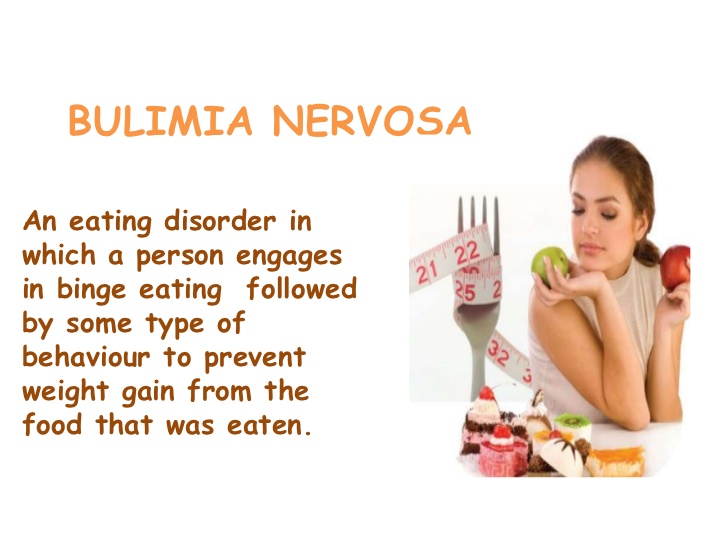 With a love for an acidic diet, it is easy to diversify with a large number of fruits and citrus fruits. Regular violence against oneself leads to rejection of food or other consequences, so it is important to correct dishes depending on taste preferences.
With a love for an acidic diet, it is easy to diversify with a large number of fruits and citrus fruits. Regular violence against oneself leads to rejection of food or other consequences, so it is important to correct dishes depending on taste preferences.
Often, an eating disorder begins with an unmotivated restriction of one's diet due to lack of benefit. For example, the maximum rejection of solid foods, a preference exclusively for fiber. You can also provoke an upset by ugly, sloppy serving of dishes that outwardly do not cause appetite.
Types of eating disorders
External eating behavior
External eating disorders are formed under the influence of almost imperceptible factors. Among them, the availability of certain food, the opinion of others about the chosen food, and behavior in the company of people are distinguished.
The most common violations are:
- it is obligatory to eat in company – the disorder is manifested by the inability to say “no” when offered to eat even in the absence of appetite, and there may not be favorite dishes on the table;
- overeating at the table - for many, catering during a feast is a huge problem, because you need to try all the treats on the festive table;
- constant attempts to eat "for the future" - it is difficult to postpone the time of eating for a later time, frequent snacks;
- fear of not having time to eat something tasty - this behavior of a person is often found in large families.
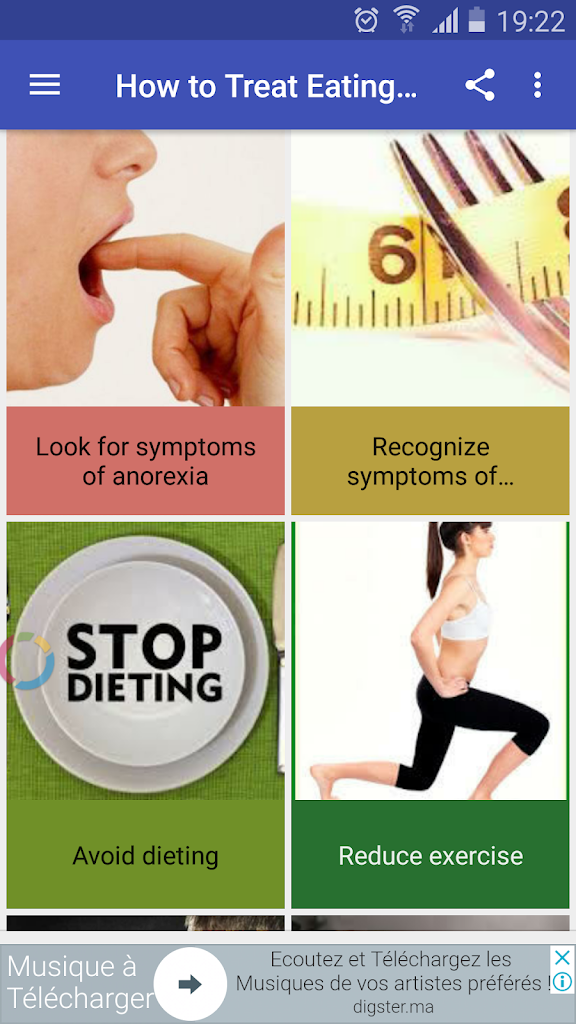 The child knows that the food left for later will disappear. As a result, the habit is fixed even with independent living.
The child knows that the food left for later will disappear. As a result, the habit is fixed even with independent living.
Emotional eating behavior
Emotional factors seriously affect the establishment of eating behavior. For example, problems and stress can "get stuck", in which case food becomes a cure for sadness, boredom, a way of consolation.
No less difficult is the establishment of eating behavior when, with the help of treats, one rewards oneself for successes, good events, or even the end of the week. Impulsive overeating with mood swings is also common. The reason for the violation of the normal eating schedule can be an unpleasant call, a quarrel, or even watching a sad movie.
Correction of nutrition is also important when refusing food due to strong emotions. Sometimes a person cannot eat for several days, experiences a strong aversion even to their favorite foods. It may take a few weeks to get back to normal.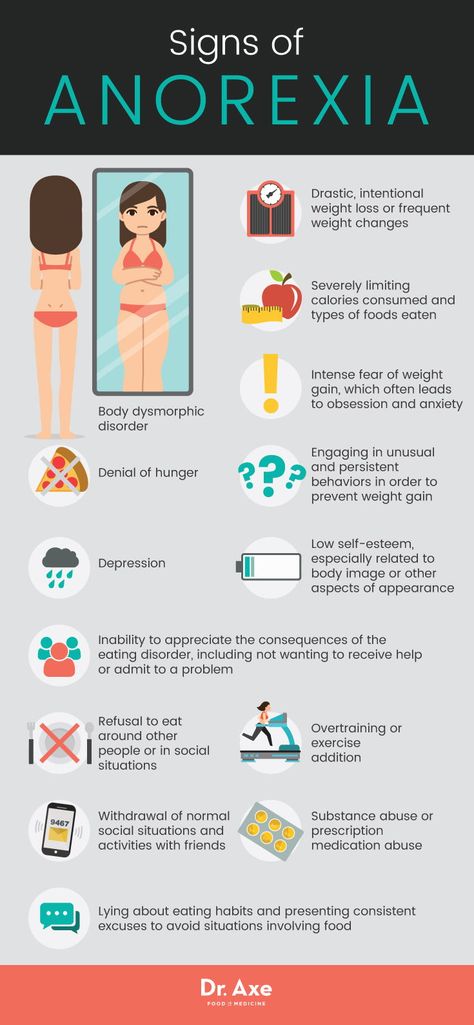
Restrictive eating behavior
The restrictive type of eating disorder concerns the choice of food and the amount of food. In such a situation, the establishment of healthy habits is very difficult, because awareness often comes after the development of a serious illness.
It is worth highlighting the following violations:
- inability to stop - it is easy to gain excess weight, often the saturation mechanism is broken, in order to establish a nutrition scheme, it is necessary to deal with this particular problem;
- very strict nutritional adjustment - a person does not listen to the needs of the body, choosing food based on diets, fashion trends, or often misconceptions about healthy food;
- endless diets - weight is constantly jumping, a metabolic disorder occurs;
- Anorexia and bulimia - refusal to eat or uncontrolled overeating with subsequent elimination of food from the body are two borderline conditions when it becomes necessary to improve self-perception and serious help from a psychiatrist.
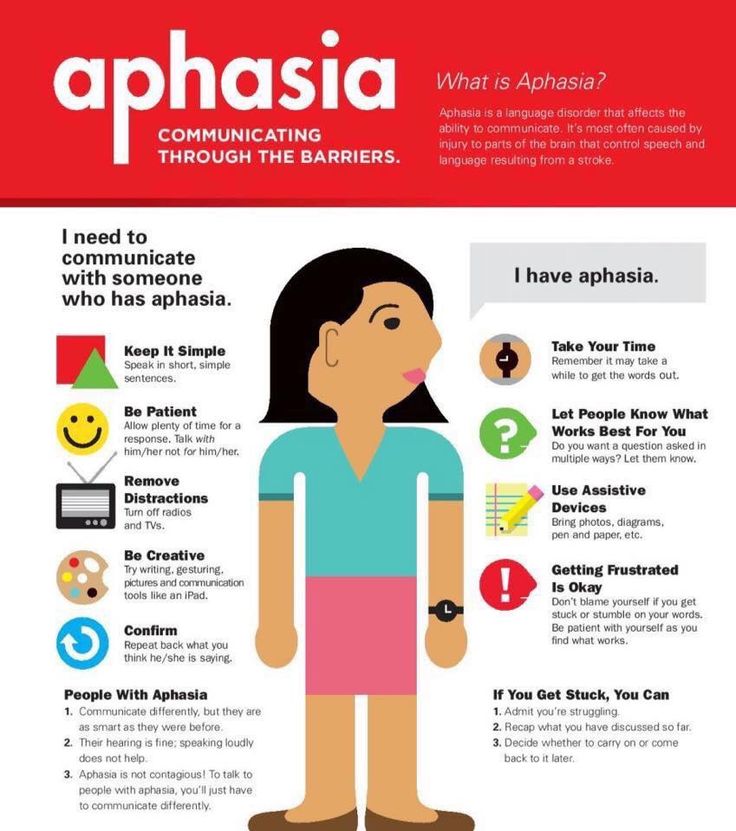
How to change eating behavior
To correct an eating disorder, it is necessary to determine the causes that led to weight gain or loss. You may need a slight correction - for example, keep an eye on yourself in a company or stop impulses to go to the refrigerator when you are in a bad mood.
It is important to find an additional resource in case of violation, which will allow you not to depend on food - sports, drawing or any other hobby. It is necessary to enlist adequate food rules. It is better to do this with a doctor, and not with the help of diets from the Internet. Strict dietary restrictions provoke violations and do not contribute to health and excellent appearance.
Help from a specialist
Sometimes it's not enough to develop the right habit to solve your eating problems. Especially when it comes to a serious disorder, such as bulimia or anorexia. For the disorder to be successful, dangerous weight gain or loss must be stopped.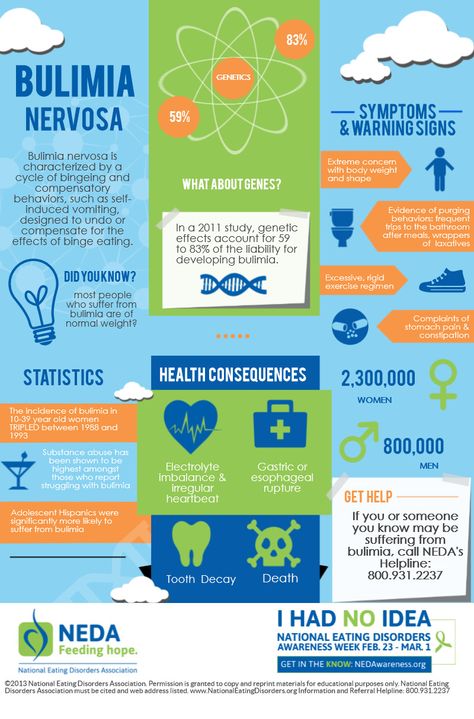
Depending on the severity of the disorder, treatment can be carried out remotely, under the supervision of the attending physician, or in a hospital. To get professional help from the specialists of the Center for the Study of Eating Disorders, make an appointment in Moscow by calling +7(499) 703-20-51 or through the online form. Psychiatrist, psychotherapist, narcologist.
psychological help for eating disorders from a psychotherapist
Eating behavior is a person's attitude to food intake, a complex of unconditioned reflexes and conscious decisions that determines the amount and composition of what is eaten under various conditions. Ideally, the body should receive all the necessary nutrients and the optimal number of calories, and the person himself should enjoy food.
But in most cases, a person's eating behavior differs from the norm. Most often, the differences are minor and do not have a serious impact on health and quality of life. If problems arise (a significant deviation from the normal body weight, a feeling of anxiety, a decrease in social activity, etc.), it is necessary to contact specialists to correct eating behavior.
If problems arise (a significant deviation from the normal body weight, a feeling of anxiety, a decrease in social activity, etc.), it is necessary to contact specialists to correct eating behavior.
Article content
- Types of eating behavior
- Ways to correct violations
- How is therapy with a specialist?
- Ambulatory monitoring
- Family Intensive
- Psychotherapeutic groups
Types of eating behavior
Normally, a person takes food when he feels hungry, and eats enough to make him feel full. But in the event of stress, strong emotional upheavals, a person may try to solve problems by increasing or decreasing the amount of food taken, changing his diet. Violations can be very diverse - from overeating, sweet cravings, increased appetite at night to almost complete refusal to eat or from a significant amount of food. For successful correction, it is important to correctly determine the type of eating disorder:
- external;
- emotiogenic;
- restrictive.

Each of them requires different types of psychological correction.
Emergency
In an emergency type of eating disorder, a person eats, guided not by the feeling of hunger, but at every opportunity - for company with family members and colleagues at work, on the street, seeing and buying a bun, hot dog, etc. These people are greatly influenced by food advertising - they rush to buy and taste them.
They also often buy and prepare much more food than is necessary, and then eat it so that it does not go to waste. At the same time, in most cases, a person is not aware of his problem, and considers heredity, a sedentary lifestyle, and metabolic characteristics to be the cause of obesity.
When correcting such disorders, specialists help a person to understand the cause of the problem and develop new, healthier eating habits. It is very dangerous to fight such disorders on your own, often it leads to the appearance of problems characteristic of restrictive eating behavior.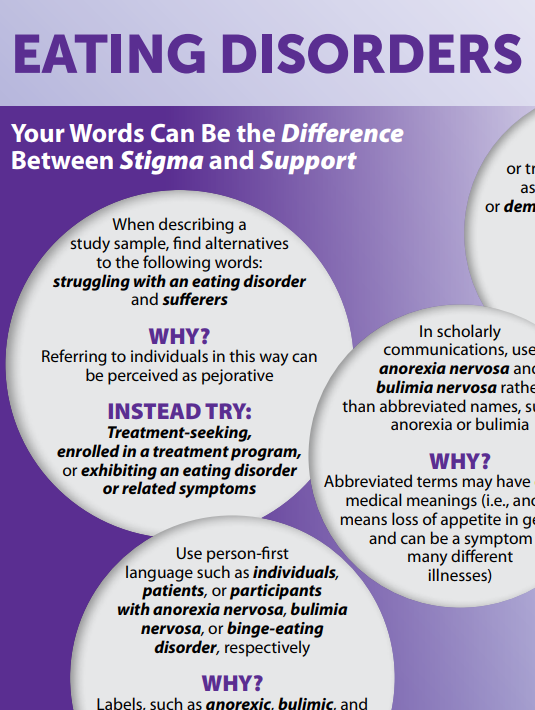
Emotional
Emotional eating behavior is the most common disorder. A person eats not because he is hungry, but to relieve stress, get rid of emotional discomfort. It can be manifested by bouts of overeating, during which a person cannot control the amount of food eaten.
In contrast to the external type, the patient is usually aware of the problem and hides it from others. For many, the uncontrollable need to eat occurs only late in the evening and at night, accompanied by sleep disturbances.
If these symptoms recur more than twice a week for several months, experts diagnose compulsive eating behavior.
Restrictive
Restrictive behavior is manifested by excessive food self-restrictions in the form of a complete refusal of food or unsystematic strict diets. Often they alternate with periods of overeating, characteristic of the emotional type, that is, a person cannot control the amount of food consumed.
Methods for correcting eating disorders
Unfortunately, people rarely turn to specialists at the first symptoms that allow diagnosing eating disorders, so most often the correction requires a whole range of measures.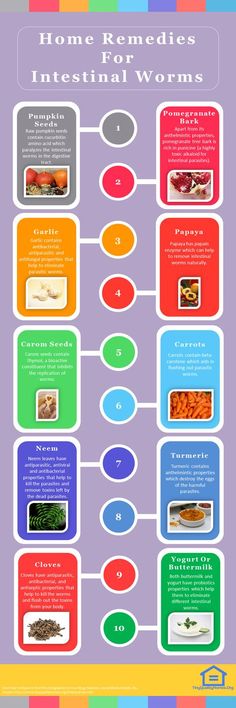
Several specialists are necessarily involved in the process: a psychiatrist, a nutritionist, a psychologist, a gastroenterologist and other specialists as needed.
The program of professional correction is developed individually for each patient and necessarily includes the treatment of physiological disorders, psychiatric and psychological assistance. Timely diagnosis will allow you to understand the causes of the problem and find ways to solve it.
Comprehensive treatment of eating disorders is carried out in several stages:
- restoration of the central nervous system;
- weight recovery;
- power recovery;
- rehabilitation psychotherapy.
If you find symptoms of an eating disorder in yourself or your loved ones, you should consult a doctor, because eating disorders can pose a serious danger to life and health Correction of eating behavior must be carried out comprehensively. It is important not only to cure the consequences of eating disorders, but also to provide effective psychological assistance that will help develop the right attitudes and habits that accompany eating.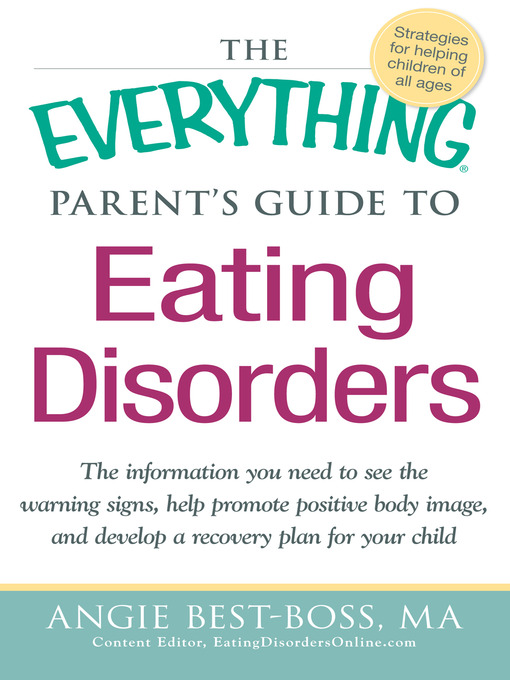
It is better to treat eating disorders in specialized centers where doctors of different specialties have experience in interacting with each other, are familiar with the most modern methods of treatment. In Moscow, such an institution is the Center for the Study of Eating Disorders.
Treatment at CIRP can be done on an outpatient basis or in a hospital. The need for inpatient treatment arises if the violations that have appeared are life-threatening, for example, there is severe physical exhaustion. It is also advisable to be treated in a hospital for patients with external and emotional type of eating behavior. With a satisfactory state of health, outpatient treatment is possible.
How is therapy with a specialist?
An eating disorder correction program for each patient is developed individually, depending on the symptoms and the state of the body. Sometimes urgent hospitalization in the intensive care unit and intensive care is required.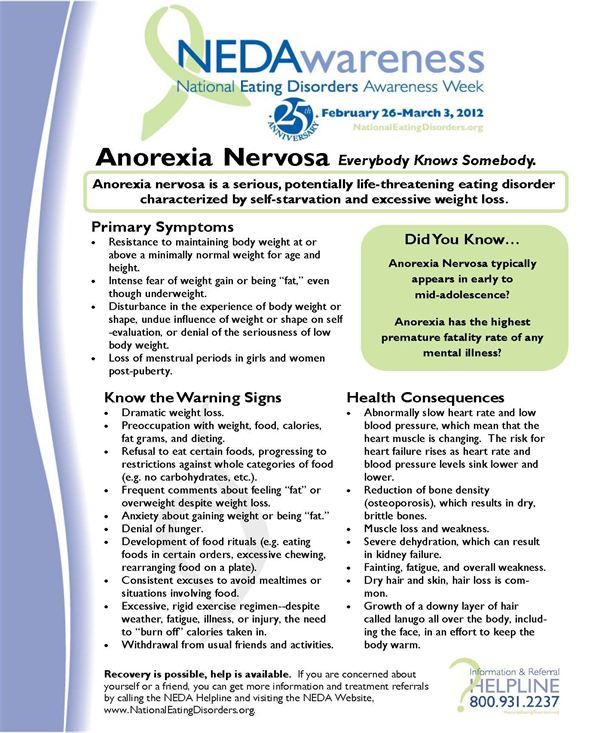 The patient receives psychological help only after his condition stabilizes.
The patient receives psychological help only after his condition stabilizes.
If there is no danger to life, from the first days of treatment, they begin psychological correction, which allows them to understand the causes of the problems and, together with the psychotherapist, find safe ways to solve them. The psychiatrist prescribes medication. At the same time, a nutritionist develops an individual nutrition plan that allows you to stabilize weight. The nutritionist works with the attending psychiatrist and adjusts the diet as needed.
Outpatient rehabilitation monitoring
To correct the identified disorders, outpatient rehabilitation monitoring is offered, including a day hospital with night monitoring. During the day, the patient undergoes an examination, receives the prescribed treatment, including individual or group psychotherapy. But even at night he is not left alone with his problems. This is especially important for patients who suffer from nighttime binge eating.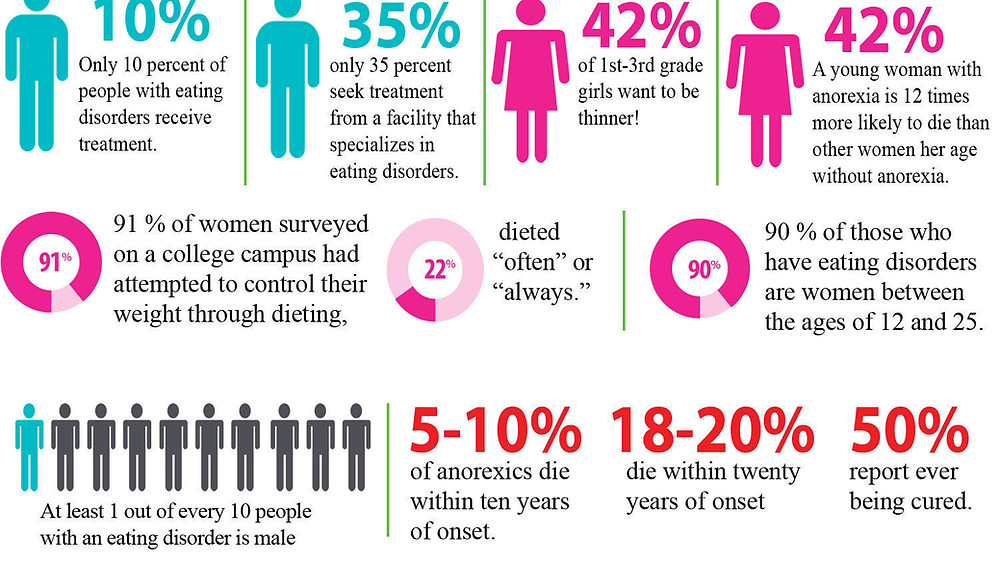 The ability to contact your psychotherapist at any time and receive qualified psychological assistance allows you to avoid another attack and gives the patient self-confidence.
The ability to contact your psychotherapist at any time and receive qualified psychological assistance allows you to avoid another attack and gives the patient self-confidence.
A similar correction is carried out for other forms of disorders, when support is important for a person. Also, his relatives can contact a specialist, noticing alarming symptoms. Such treatment allows you to achieve a stable remission, get rid of fears of breakdowns.
Family Intensive
Quite often, psychological help is required not only for children, but also for their parents, other family members who suffer from feelings of guilt or cannot build trusting and friendly relationships with each other. The psychotherapist can work both individually with each family member, and simultaneously with parents and children, or recommend group training, which is attended by several families. Correction of relationships built in the family helps to avoid relapses of the disease.
CIRP specialists use techniques developed in the British Maudsley clinic, which have proven themselves in Russia and European and American clinics.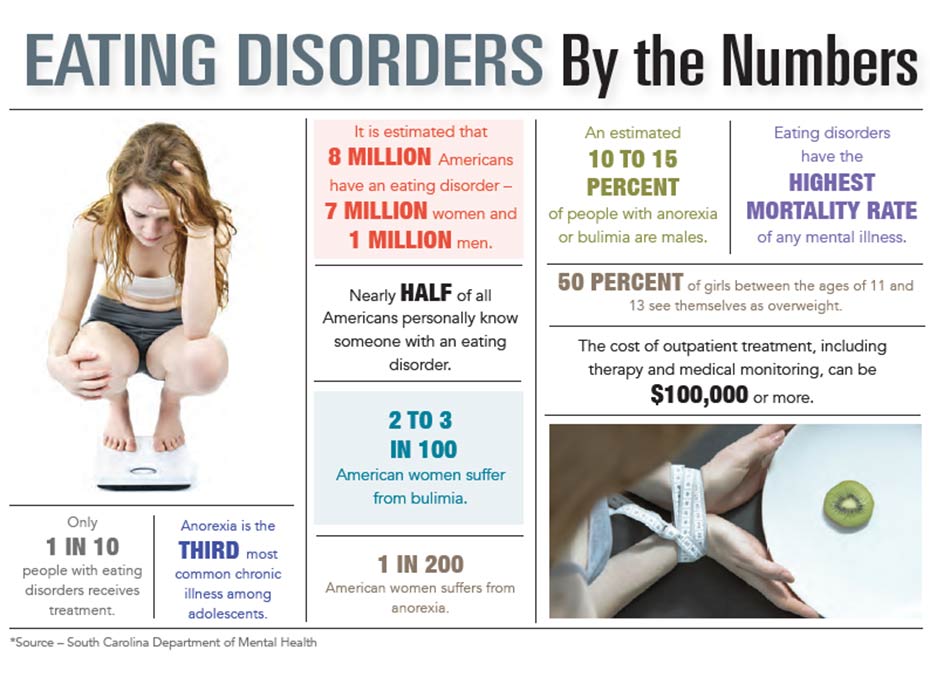
Psychotherapeutic groups
To correct eating disorders, patients are often recommended not only individual work with a psychotherapist, but also visits to psychotherapeutic groups. Communication with other patients allows you to better understand:
- the presence of a problem and its connection with an eating disorder;
- other people have similar diseases, they admit it and are successfully treated;
- do not be afraid of help, it is much more difficult to fight the disease alone.
Patients jointly work through various situations related to pathological behavior when eating or refusing to eat. Classes can be held in groups gathering together both in the same room and online. The lack of personal contact allows many to feel more liberated.
The CIRPP also offers other types of therapy that contribute to psychological comfort during the treatment process: art therapy, dance and movement therapy, an integrative support group.
